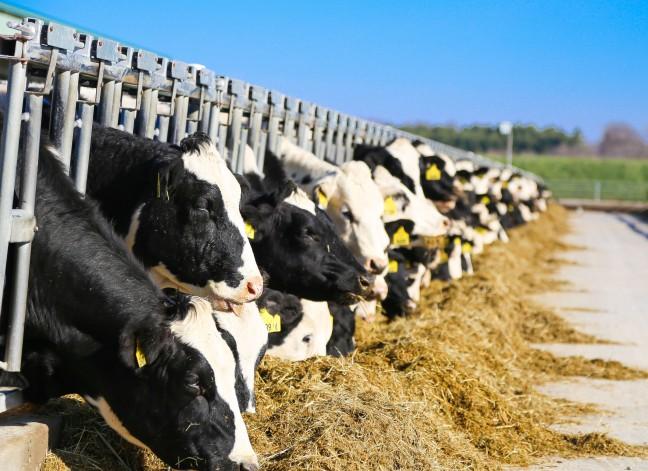A recent collapse in milk prices has forced farmers around the country into retirement, earlier than anticipated for some.
But one University of Wisconsin professor has found the decline of farmers unsurprising.
UW Director of Dairy Policy Analysis Mark Stephenson said what the U.S. is experiencing within its agricultural sector is nothing new. Farm loss has occurred since the 1930s.
“Farms have come to expect some volatility in prices, but it’s typically one and a half to two years at the most that prices are down,” Stephenson said.
This time, Stephenson explained, prices have fluctuated for nearly four years and many farms cannot handle the financial stress.
Wisconsin’s economy relies heavily on dairy farms and the number of licensed dairy farms, according to the Wisconsin Department of Trade, Agriculture and Production, was at 8,372 at the beginning of September. That’s 429 fewer than at the start of 2018.
This is the biggest decline in licensed dairy farms in the state since 2013 when 434 farms were lost in the first eight months.
The world is making more milk and dairy products than it wants to consume right now and the U.S. is the third largest producer of dairy products in the world, Stephenson said.
Stephenson believes that the trend of farmers quitting their jobs will slow once milk production slows too. Once the U.S. stops producing as much milk as it is currently, dairy product demand will increase, forcing the price of milk back up, he said.
Most farms aren’t being pushed out of the market due to financial distress, rather they are are simply old, he said.
Some farmers are questioning whether to dig into their equity and retirement funds or whether to sell while the going is tough, Stephenson said.
For some, it is the better option to give up their livelihood rather than borrow money to milk their cows.
“More folks are exiting at this point in time simply because it doesn’t make sense [to stay],” Stephenson said.


